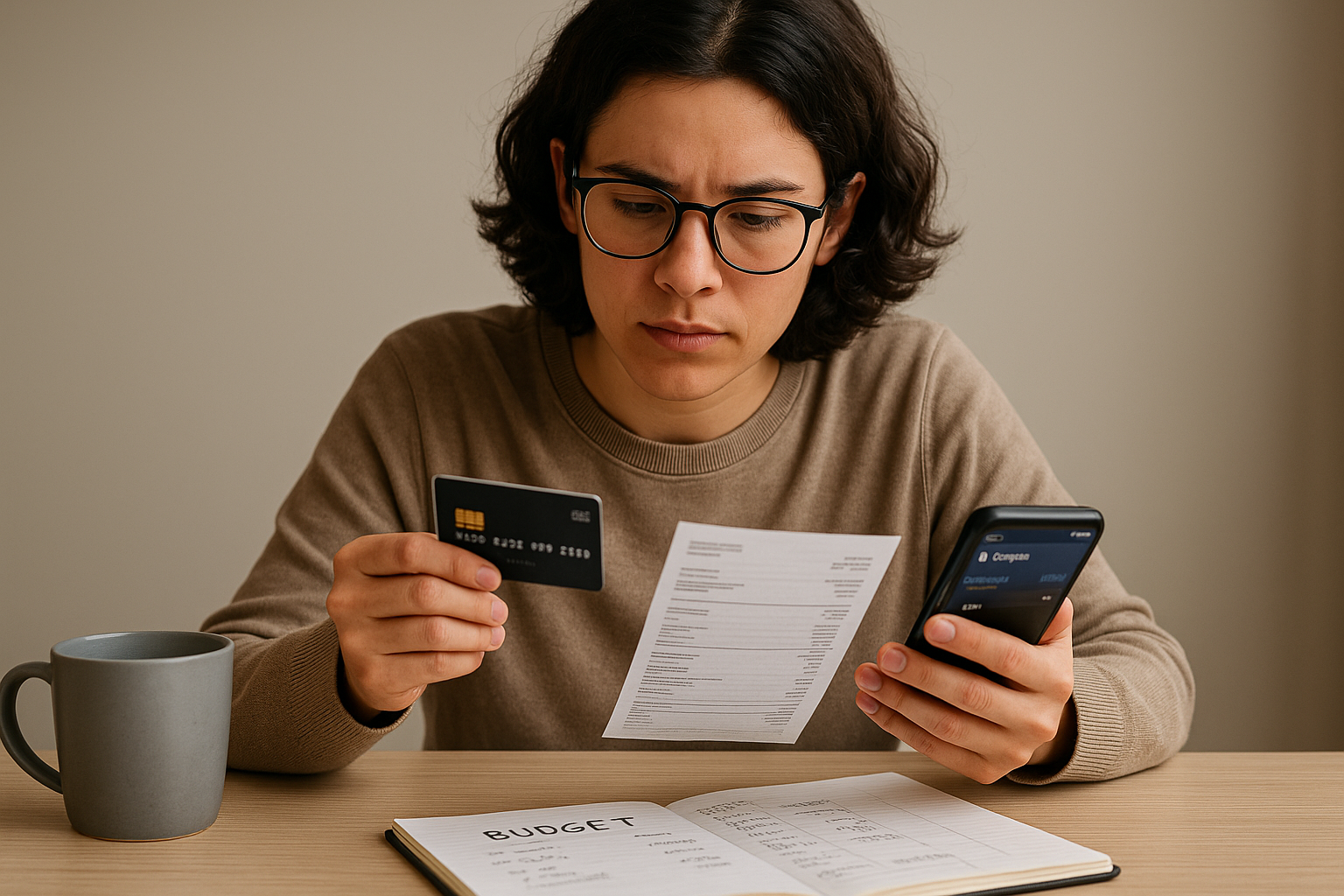A Powerful Tool or a Dangerous Trap?
Credit cards are one of the most misunderstood financial tools. To some, they offer convenience, rewards, and security. To others, they’re a source of debt and stress. If you’re just getting started, understanding how to use a credit card wisely can help you avoid costly mistakes and build a strong financial future.
The Benefits of Using a Credit Card
When used responsibly, credit cards offer several advantages:
- Builds Credit History: Making on-time payments helps establish a positive credit score.
- Rewards and Perks: Many cards offer cashback, travel points, or discounts.
- Fraud Protection: Unlike debit cards, you’re not liable for unauthorized charges in most cases.
- Emergency Backup: A credit card can serve as a financial cushion in emergencies — but only when used with caution.
The Downsides of Credit Cards
Without discipline, credit cards can quickly lead to trouble:
- High Interest Rates: If you don’t pay your full balance each month, interest charges can grow fast.
- Debt Accumulation: Spending more than you can afford leads to long-term debt.
- Temptation to Overspend: Easy access to credit can encourage unnecessary purchases.
Should You Get a Credit Card as a Beginner?
Yes — but only if you understand the responsibilities. A credit card is not free money. It’s a borrowing tool that should be repaid in full every month. Start with a beginner-friendly card like a secured credit card or one with low limits to reduce risk.
Tips for Responsible Credit Card Use
1. Always Pay the Full Balance
Avoid paying only the minimum. Interest on the remaining balance can snowball. If you pay your bill in full every month, you’ll never pay interest.
2. Keep Utilization Low
Your credit utilization ratio (how much you owe versus your credit limit) should be below 30%. For example, if your limit is $1,000, try not to use more than $300 at any given time.
3. Never Miss a Payment
Late payments hurt your credit score and often come with late fees. Set up reminders or autopay to avoid missing deadlines.
4. Don’t Max Out Your Card
Even if you plan to pay it back soon, maxing out your card can negatively impact your credit score and increase your risk of falling into debt.
5. Read the Fine Print
Understand your card’s terms: annual fees, interest rates, late fees, grace periods, and reward conditions. Being informed helps you avoid unpleasant surprises.
6. Use for Planned Purchases Only
Don’t swipe your card for random or emotional spending. Use it for regular bills or purchases you’ve already budgeted for.
7. Monitor Your Statements
Check your monthly statement for errors or unauthorized charges. Catching mistakes early helps protect your credit and finances.
How to Choose Your First Credit Card
Look for beginner cards with:
- No annual fees
- Low interest rates (APR)
- Basic rewards or cash back
- Easy approval for those with limited or no credit history
You can also consider cards from your bank or a credit union, which often have more forgiving policies for new users.
Long-Term Credit Strategy
Once you gain experience, you can explore travel rewards, balance transfer cards, or cards with premium benefits. But even then, your foundation should be the same: spend only what you can afford, pay in full, and track your usage.
Master the Card, Don’t Let It Master You
Credit cards can work for or against you. As a beginner, the goal isn’t to avoid them completely, but to learn how to use them as a strategic tool. With discipline, awareness, and the right habits, you can enjoy the benefits without falling into the debt trap.

